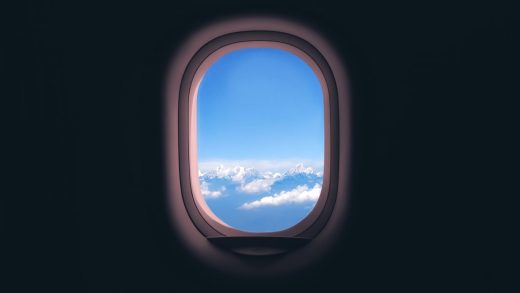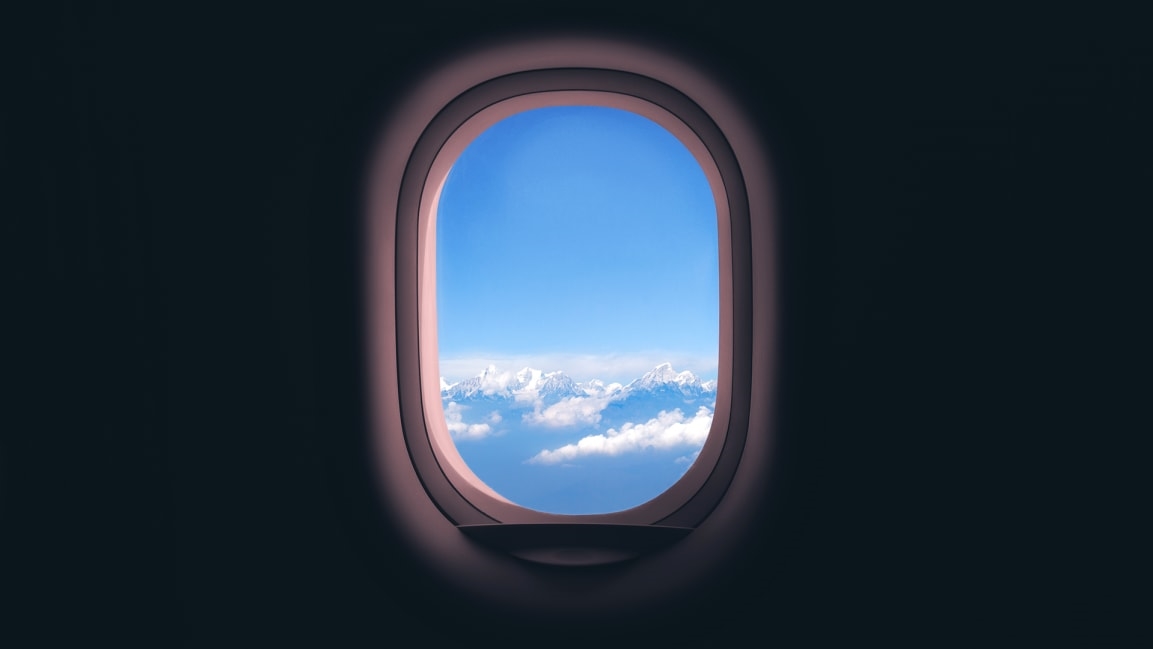4 joys of downtime that can live outside of business travel
They confessed this to me only sheepishly, for they knew it was a first-world problem, and that so many people were struggling with lockdown and COVID-19. Still, they felt a yearning for business class. And this perplexed them.
The pain of frequent flying
Pre-pandemic, many of them had flown several times a week, often internationally, so they knew the downsides. They didn’t miss the stress to their body, the fog of jet lag, or the ache of missing their children’s bedtime, again. They didn’t miss the frisson of self-importance they felt waltzing past so many other people in the queue. They didn’t miss the overly polite flight attendants onboarding them with a glass of Veuve Clicquot. They didn’t even miss counting miles and seeing their elite status soar higher.
I believe what they missed was the downtime. High-achieving leaders, always on the go, may not be the best at achieving downtime. Many whom I have coached do not even empower their assistants—arguably the fiercest guardians of their calendar—to create, defend, or respect their downtime, either. Ironically, flying business class forces them to stop.
The joy of seeing the big picture
The transformation begins simply by being up in the air. Seeing the earth from above gives everyone pause: it’s breathtaking. Not unlike meditating, being at 30,000 feet lifts you out of the day-to-day and helps you see the big picture. (And, of course, business class travelers are probably seated by a window–or two or three; if not, it’s easy to stroll to one.) So, simply by getting on a plane, they experience a different and refreshing point of view.
The joy of being uncontactable
Flying also gives them some time without a phone signal. This means that, at least on flights without wifi, they are uncontactable. As one leader said to me, “No one can get at me.”
Even if there is wi-fi on the flight, it isn’t reliable, which means they can’t make any appointments for that time. So, ironically, a scheduled flight may be their only time that is unscheduled.
For a busy person, being uncontactable and unscheduled is a very rare experience. It may be a far greater luxury than the high-end amenity kit, gourmet meals on demand, or the cushy slippers.
The joy of relaxing
When you’re in business class, you almost have to relax. Even if you start out using the large desk and elbow room to catch up on work, sooner or later, you stop.
The sad truth is that many high-achieving leaders actually don’t know how to relax. Relaxing is not the same thing as relieving stress by playing an extreme sport, which you try to win, or taking up a hobby, which you try to master.
In business class, you don’t have enough space to exercise or play the violin. Nor can you take your team out for drinks, your husband on that long-postponed date night, your children to Playland.
In business class, you can’t take care of anyone but yourself. “It’s just me here. I’m gonna settle in, have a drink, put my feet up. I can think my own thoughts. Or maybe watch a movie. The one that I want to watch.”
The joy of nesting
The design of the business class seat, or a “pod,” encourages a certain type of forced introversion. It artfully manages to give you the feeling of being cozy and contained, but not claustrophobic. You’re in your own safe, small, world. It’s like being swaddled or cocooned.
I suspect that, at a deep level, this triggers deep associations to childhood and the primal need we have to be little again—to feel cosseted. All your needs are met but no one is bothering you. For the next hours, you don’t have to steer the ship. You don’t have to solve any problems. You can get lost in your dream world. Hide under the covers. Climb up into your treehouse. Float down the river on a raft.
For “masters of the universe,” or individuals who spend their days being accountable and making decisions that impact thousands of lives, this may be quite unusual. Indeed, many “high flyers” I know have never experienced this feeling anywhere else. Or these individuals were “adulting” earlier than most people, or they were the ones taking care of everyone else.
The opportunity and the downfall
The ability to enjoy downtime, and its restoration and renewal, is vital for health and wellness, as well as successful leadership. The tragedy is that, for many leaders, this seems to require a lot of time up in the air.
With the rise of virtual working, which for many workers was one of the true gifts of the pandemic, leaders are now beginning to question the rationale for defaulting to in-person meetings and constantly flying. Businesses are learning to distinguish those meetings that must be in person from those that can be delivered as well (or even better) remotely.
Further, how do we make each meeting conducted more effective? This means that we have an unprecedented opportunity now to reduce the amount of business flying, and as well as frequent travel’s significant costs to employee well-being, project budgets, and the environment.
And perhaps the most intriguing opportunity is that leaders will finally begin to appreciate the value of downtime. They will learn how to create quality downtime for themselves and their people. As a result, they’ll be able to enjoy downtime on the ground.
Martin Boroson is an executive coach and codirector of the One Moment Company. Boroson helps organizations design innovative and inclusive time cultures.
(20)



